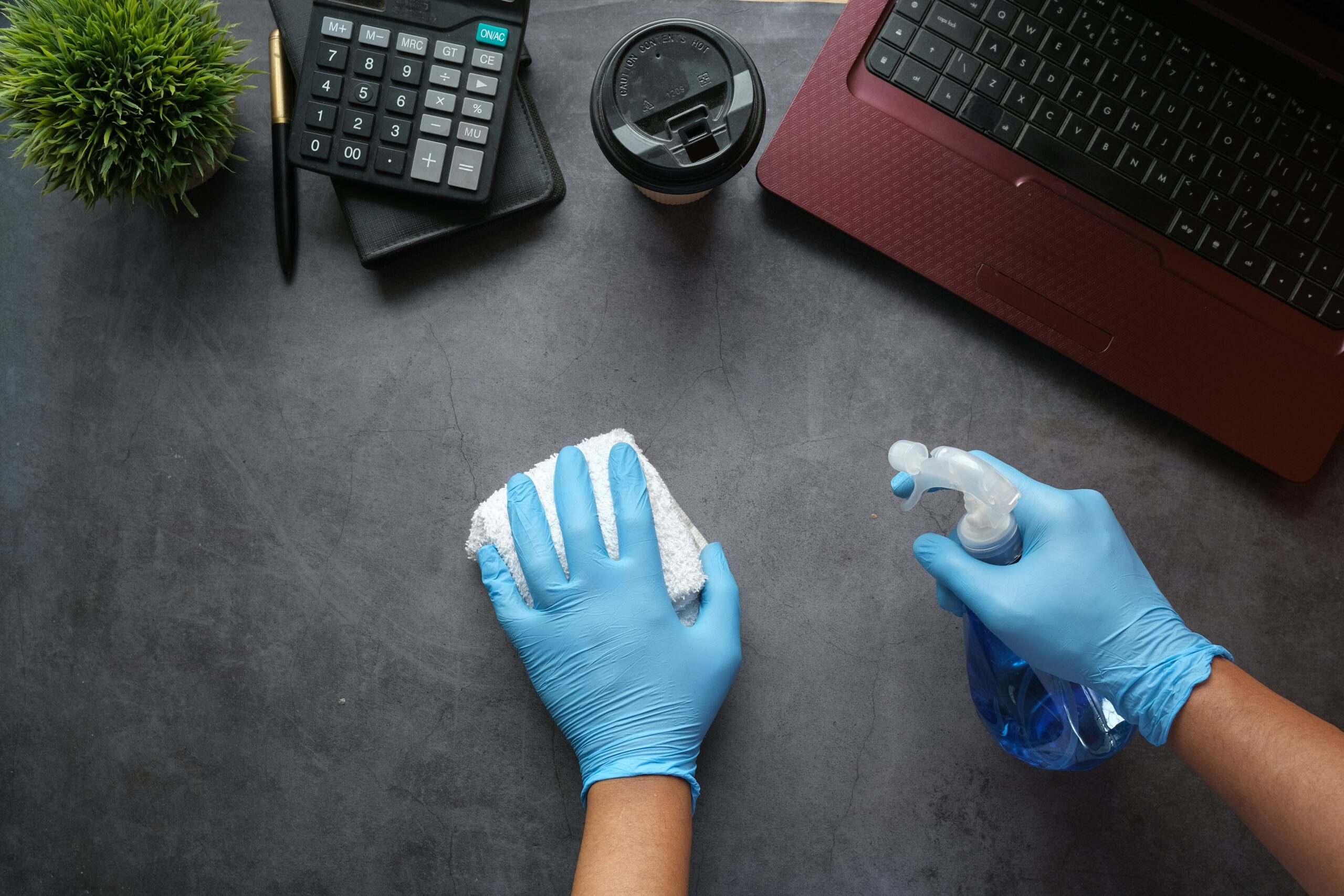
Assisting Elderly Relatives with Memory Loss
Memory loss can profoundly impact an older person’s day-to-day health and life. Indeed, as one’s ability to recall cherished memories declines, fear, confusion, and frustration can occur. Additionally, with memory loss comes the ability to carry out essential tasks because they forget how to do them properly or because they are overwhelmed with their emotional distress. It often drives social isolation as the person doesn’t feel safe and confident interacting in society.
That is precisely why providing the necessary support and care for a senior experiencing memory loss is crucial, as this can dramatically enhance their quality of life and help maintain their well-being. Yet, it is a scary condition that many families struggle to cope with. What can you do to assist someone through this difficult and stressful journey and ensure you can still create meaningful moments together?
The need for a carer
This may seem like an obvious question, but not everybody going through memory loss needs a carer. It is crucial first to assess your relative’s health, as this will help determine whether or when they might require the presence of a carer.
Memory loss can vary in severity. Therefore, understanding the extent of their condition will be central to the decision to bring a carer in. In the early stages of memory degeneration, you might find that your relative can still confidently manage their day-to-day lifestyle. They may not even acknowledge or notice memory problems. Yet, it is important to pay attention to the signs that may indicate the necessity of a carer, including difficulty managing daily activities, forgetting to take medications, getting lost in familiar places, and being frequently confused.
Acting as a carer for an elderly relative can be challenging, demanding patience, empathy, and a willingness to adapt to their changing needs. Some family members might choose to be primary carers, while others seek professional help as it progresses.
Best treatment to maintain their well-being
Truth be told, no treatment is currently available to recover from degenerative memory loss. However, many therapy techniques include cognitive stimulation exercises, which involve engaging in activities that challenge and stimulate the brain. These exercises can help slow down degenerative damage and maintain cognitive function. Additionally, medication prescribed by healthcare professionals can help manage some of the symptoms of memory loss.
The effective use of ABA therapy for individuals with memory loss is worth noting. The therapy, which focuses on identifying behavioral patterns, reinforcing positive behaviors, and minimizing negative ones, can help older people maintain a healthy routine for longer. This can be instrumental in enhancing cognitive functions, managing challenging situations and behaviors, and retaining communication skills.
That being said, treatments and therapies can delay the process of degeneration. They cannot recover the lost function. But they can ensure that individuals affected and their families retain healthy social interactions and connections.
Memory loss is often associated with social isolation. Indeed, isolated seniors may be more prone to develop cognitive disorders without being picked up by anybody. Additionally, someone who experiences memory loss may also choose to self-isolate to reduce confusion and fear. As such, the most important way you can assist an elderly relative with memory loss is by choosing to be there with them.




